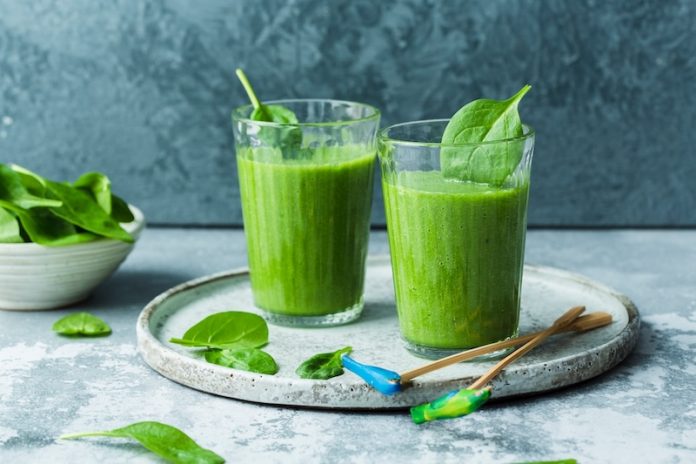
Depression, a widespread mental health issue, can be influenced by various factors, including diet. While medication and therapy are crucial, the foods we eat also play a key role in managing depression symptoms.
Here’s a guide to the best and worst foods for those dealing with depression.
Foods to Incorporate
- Fruits and Vegetables: Rich in essential vitamins and minerals like vitamin C and folate, fruits and vegetables can uplift mood and lower depression risks. They are crucial for brain function and mental health.
- Omega-3 Fatty Acids: Found in fatty fish (salmon, tuna, sardines) and plant sources (chia seeds, flaxseeds, walnuts), omega-3s are vital for brain health and may alleviate depression symptoms.
- Whole Grains: Foods like brown rice, quinoa, and oats offer complex carbohydrates that help stabilize blood sugar levels, positively affecting mood.
- Lean Proteins: Chicken, turkey, and beans are excellent sources of lean protein, important for neurotransmitter function and mood improvement.
- Fermented Foods: Kimchi, sauerkraut, and kefir, containing probiotics, can enhance gut health, which is closely linked to mental well-being.
Foods to Avoid
- Processed Foods: High in unhealthy fats, sugar, and salt, processed foods like fast food and snacks can trigger inflammation and adversely affect mental health.
- Sugar: Excessive sugar intake can cause mood fluctuations and energy crashes. It’s wise to limit sugary foods and drinks.
- Alcohol: While it might offer temporary relief, alcohol can exacerbate depression symptoms over time and should be avoided.
- Caffeine: Small amounts can be mood-enhancing, but too much caffeine may lead to anxiety and sleep issues, worsening depression.
- High-Fat Meats: Beef and pork, high in saturated fats, can increase inflammation and negatively impact mental health. Opt for leaner protein choices.
Summary: Diet as a Part of Depression Management
Diet plays a crucial role in managing depression. A balanced diet rich in fruits, vegetables, omega-3s, whole grains, and lean proteins can aid mental health. Conversely, reducing intake of processed foods, sugar, alcohol, excessive caffeine, and high-fat meats is beneficial.
It’s important to remember that diet is just one aspect of a comprehensive treatment plan for depression. If you’re struggling with depression, consult your healthcare provider for a holistic approach, including diet, medication, therapy, and other necessary interventions.
Follow us on Twitter for more articles about this topic.
Copyright © 2023 Scientific Diet. All rights reserved.





